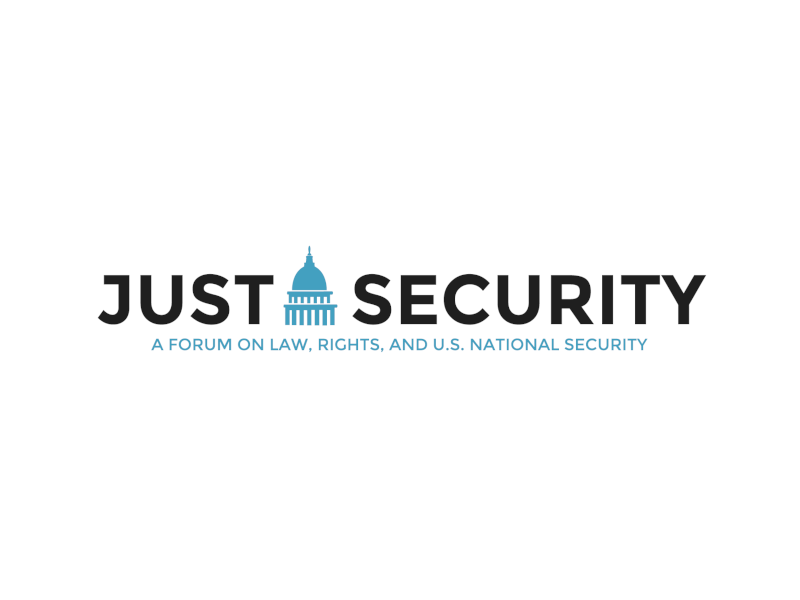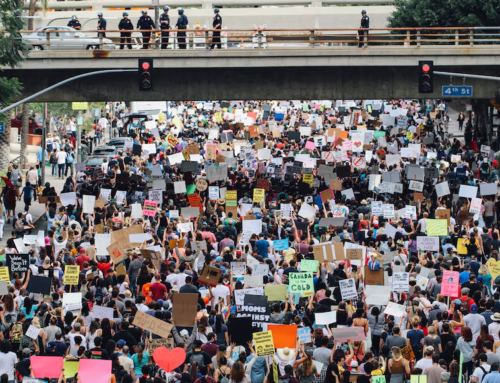Until late 2020, global trendlines suggested that coups were becoming a relic of history. Sadly, unconstitutional military takeovers during the past 20 months in Burkina Faso, Chad, Guinea, Mali (twice), Myanmar, and Sudan, as well as a presidential “self-coup” in Tunisia, punctured that hope. This eruption of coups is a dispiriting addition to the larger democratic recession of the past 15 years. Coups obviously deal a body blow to democracy in the countries where they occur, but they also have contagion effects: successful coups can prompt would-be coup plotters elsewhere to try their hand. Accordingly, the Biden administration should build out a more robust coup response policy as part of fulfilling its promise to put democracy at the heart of its foreign policy — even while it grapples with serious problems with democracy at home.
What should an enhanced anti-coup strategy entail? The Biden team can start by sharpening its immediate post-coup playbook. But to effectively counter the growing coup trend, Washington needs to look beyond immediate response. It should seek to sustain pressure on coup perpetrators in the longer term while also pursuing policies to reduce the chances of a coup from happening in the first place.




